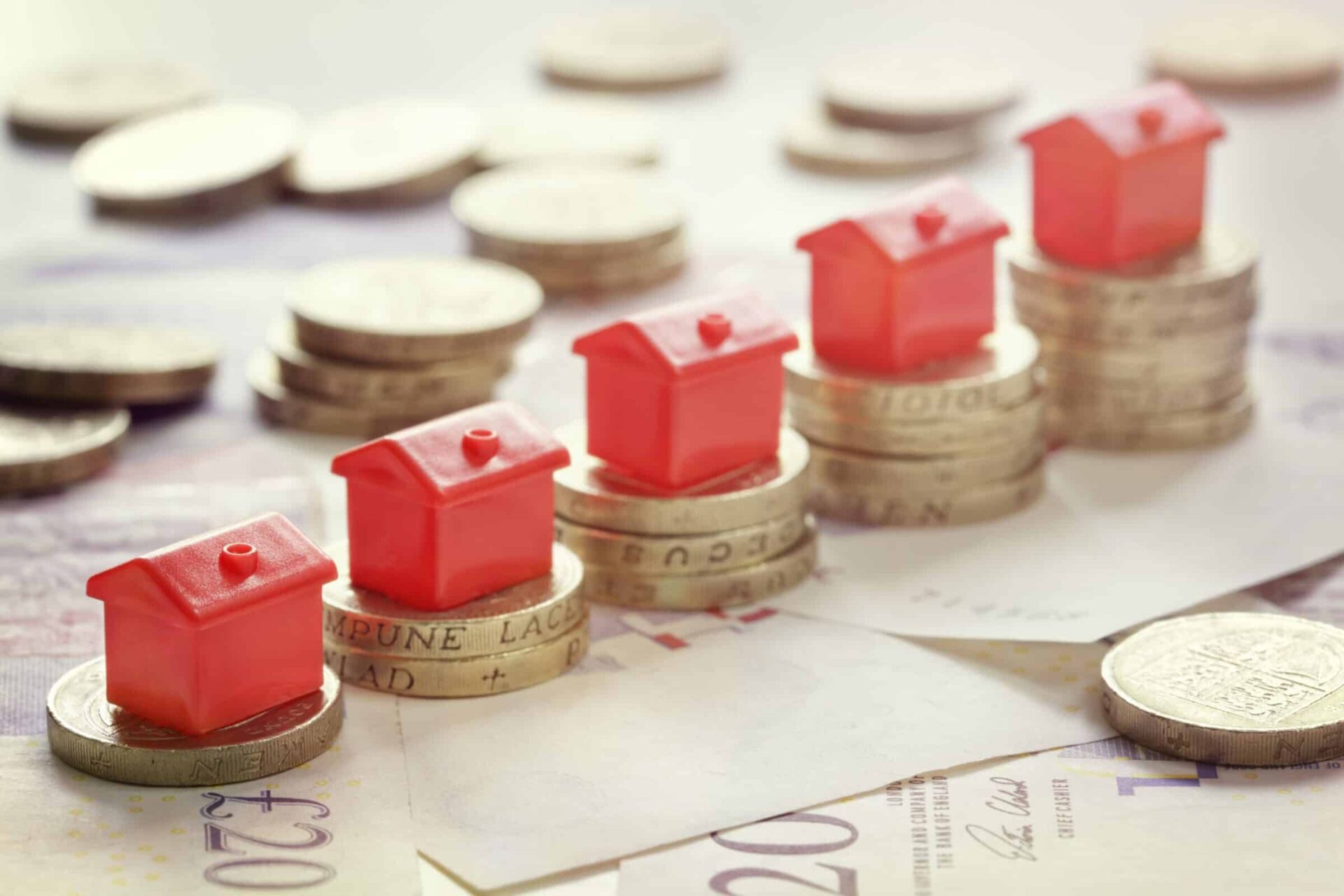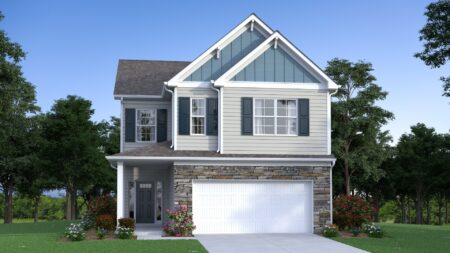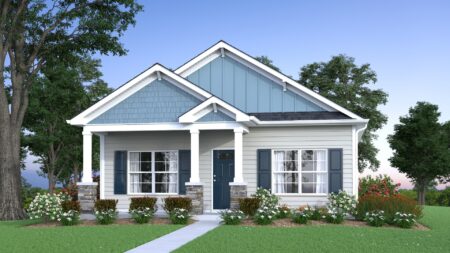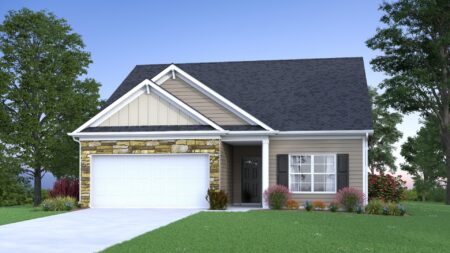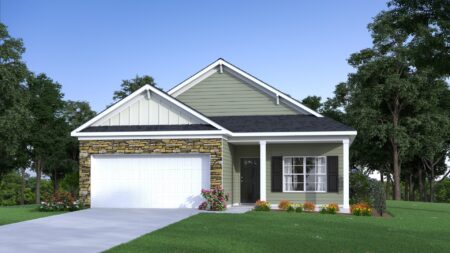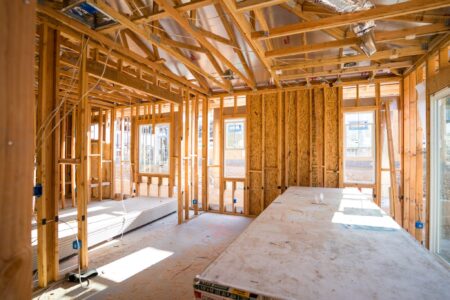Knowing how property taxes are assessed on a new home construction is important for you to understand when it comes to budgeting and preparing to become a new homeowner. It can be hard to get an exact number in advance, but knowing how property taxes work makes it easier to estimate them.
Why Are Property Taxes Important?
Most areas require homeowners to pay an annual property tax. The government can foreclose on a home if the property owner doesn’t pay.
Since property taxes are a mandatory expense, homeowners need to plan for them in their budget. Mortgage lenders also consider property taxes when deciding how large of a mortgage payment someone can afford based on their income and fixed expenses.
What is a property tax rate?
Property tax rates vary widely by location. There may be different property taxes set by the state government, city or county government, school board, fire department, and other government services. Median property tax rates range from $587 in Alabama to $8,300 in New Jersey per year.
There are two common ways of seeing property tax rates.
- Percentage: When property rates are written as a percentage, it’s a percent of the property’s value. For example, a 1% tax rate on a $200,000 home leads to an annual property tax bill of $2,000.
- Millage: The term millage comes from the Latin word for thousandth. A mill is $1 in tax for every $1,000 in property value. 50 mills would be $50 in tax for every $1,000 in value. A tax rate of 10 mills is equal to a tax rate of 1%.
Sometimes, there might be a flat fee property tax. For example, the fire department or school board might charge each home $500 per year. There could also be a percent capped at a certain amount such as 1% of the home’s value but no more than $250 if the home is worth more than $250,000.
What is the value of the home?
The value of the home reflects what it is worth. This may or may not match its purchase price, land value plus construction costs, or what a real estate agent would appraise it at. Property tax assessors use slightly different math, and there is some subjectivity to the process.
The most important factor and best way of estimating a home’s tax value is to look at comparable homes. For example, 100 identical homes in the same subdivision should all assess at a similar value. Of course, two homes are rarely identical due to floor plans, interior features, distance to amenities, and other differences. If only one home in a neighborhood has a pool, the appraiser would also consider how much having a pool increased the value of homes in nearby neighborhoods.
Note that exactly what aspects of a home the tax assessor considers, and therefore what homes are comparable, may vary by location.
When do new property taxes start on a new home construction?
Property taxes are tied to the property. When a home or piece of land is sold, the buyer pays taxes for the portion of the year where they owned the home.
When someone builds on unimproved land or replaces an old home on land they already own, the property taxes typically remain the same until the tax assessor can appraise the new construction. The exact process for reporting new construction and getting an appraisal will vary by area.
To learn more about the cost of new home construction, contact Build on Your Land today.
